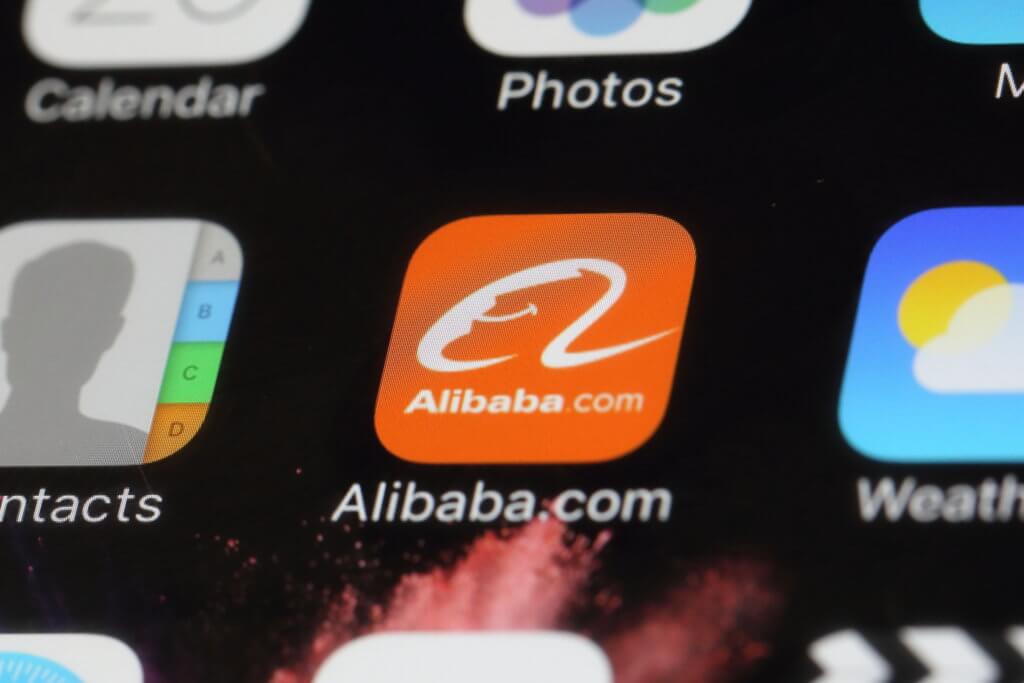China is today’s e-commerce world leader. With a population of 1.4 billion among which 52% is connected to the internet and have only known the mobile era, this is not a big surprise. However, too many brands are still looking to the US seeking inspiration, while the front runners in E-commerce are in the Asia Pacific. As we see China bringing e-commerce to the next level with social media and entertainment strategies.
In China, e-commerce is mainly driven through mobile
Mobile sales made up half of China e-commerce in 2016. A meaningful example of this mcommerce boom can be found in “China’s Singles Day” Shopping Festival. E-commerce giant Alibaba hosted the event on its shopping platform Tmall, the festival was able to top its 1st Billion dollar sales within 5 minutes after it launched, and 82% of the sales were made from mobile devices. For comparison, USA “Black Friday” sales during 2016 closed with “only” 3 billion dollars. A third of these purchases were made via mobile.
Peer influence triggers the Chinese to purchase
What influences Chinese consumers in their purchase decisions is peer recommendation. Chinese society is based on GuanXi, a system of social networks and relationships that ease business and social life in the country. Chinese tend to trust their peers more than any brand or individual evolving outside of their circle. Most Chinese consumers won’t buy anything without collecting product information online and cross-checking it with their peers’, past experience and opinions of brands. 75% of Chinese internet users share monthly ratings and reviews, versus 20% in the US and Europe. Peer influence being key in shopping, influencer marketing is rising in China.
Chinese opinion leaders are key sellers
Liaising with local opinion leaders is a powerful tool to enter the Chinese market and trigger word of mouth on Chinese social platforms like WeChat. Chinese are content creators, they share pictures and videos of their life online: where and what they eat, where they shop and what they buy. WeChat and other social platforms are well aware of the importance of China’s word of mouth, so they created marketplaces for users to buy and sell directly in apps. Why in apps?
Social media and privately owned apps are somewhat less regulated by the authorities, so many Chinese tend to value the advice of opinion leaders in social networks rather than on official/public channels like TV. This privileged status of online influencers recently changed as the Chinese government intensified the supervision of the booming live streaming industry in the country.
Social platforms integrate e-commerce
As peers influence Chinese purchases, e-commerce is now integrated into social media to increase brands’ conversion rates. It is the case on Wechat, this messaging application has 846M active users among which 55% open the app more than 10 times a day! Used for personal purposes, WeChat users are open to brand content and 80% of them follow official accounts. Wechat’s impressive user base, along with China’s word of mouth culture, leads Chinese social giants to develop e-commerce at a staggering rate.
More than receiving information about brands, WeChat users can shop and pay in-app. It is a real engagement hub for brands where you can easily start a one on one communication with consumers, from providing coupons to ensuring an efficient customer service relationship pre & post purchase.
WeChat recently announced the launch of mini apps inside WeChat for brands to sell on more customized platforms, without leaving the Tencent ecosystem and its user base. Swarovski is the first jewelry brand to have launched its mini app on WeChat. The brand developed a one-click solution for Mother’s Day, smoothly guiding users from KOL inspiring videos of their new collection to the checkout page where purchases could be made via WeChat Pay.
Chinese e-commerce turns into entertainment
Chinese social media platforms are turning into e-commerce platforms and vice versa.
E-commerce players Alibaba and Tencent, but also cosmetic brands such as Mogujie.com and Jumei.com are developing their own social/live-streaming platforms inside their ecommerce ecosystems. We all remember teleshopping as the purest form of commerce entertainment. Well, it is coming back online in China, with Alibaba, TaoBao, Tmall, JD or Jumei having their own e-commerce live streams, fashion shows, and celebrities.
Here are some striking examples of Chinese e-commerce entertainment:
Taobao cross-border shopping in VR
Want to shop in New York but too busy working? No worries, Alibaba has a VR solution to teleport you right to your desired store. For Single’s Day, Macy’s the American department store partnered with Alibaba to launch all VR experience for the Chinese market. Alibaba sold 150,000 VR headsets a week before Single Day, for people to access and buy directly in Macy’s New York store through the e-commerce platform TaoBao using their VR sets.
“See now buy now” live fashion shows
Experiences are for everyone. Tencent e-commerce platform Tmall launched a big shopping event that took shape over 8 hours live-stream concert and fashion show. Over six million people tuned in to Tmall to watch, party, and buy real-time what they saw on the catwalk. 80 brands participated in this first edition. With 14,500 foreign brands currently on the Tmall Global platform many more interactive events are in the pipeline.
Live streaming goes viral
China now has more than 300 live-stream platforms, 46% of Chinese have used a live streaming application and internet celebrities have jumped in to host shows on e-commerce live streaming platforms. E-commerce celebrities easily gather 100,000 viewers to their individual screen showrooms and the conversion rate is impressive: 32% for TaoBao Live and JD Live!
However the Chinese government recently shut down 30,000 live streamer accounts in an attempt to erase violent and sexy content heavily available online. Many independent live streamers and small streaming platforms will soon disappear from the market as the government now request a license to operate. Foreign live streamers are also impacted as they need to get a special authorization from the Ministry of Culture to distribute their content in China. That is why brands are now hiring famous, or e-commerce giants affiliated, live-streamers to help promote their products. For instance Maybelline used a live-stream platform to announce Chinese e-commerce celebrity Angelababy as its new ambassador. She sold over 100,000 lipsticks in 2 hours on that platform.
Now at the forefront of e-commerce, China is experimenting a lot, taking the risk to test and apply the latest innovations to e-commerce, one step ahead of government regulations.
The convergence of social platforms & entertainment combined with e-commerce is growing rapidly, but it will only benefit e-commerce giants whose growth is ensured by the new laws implemented by the government, preventing smaller local and foreign competitors from entering the market.
How will Chinese consumers react to these new regulations?
Will they continue to trust professional live streamers, or will this change in regulations affect the “freedom of speech” currently so prevalent on these e-commerce platforms changing the dynamic to less engaging and fresh.
More than a consumption trend, the Chinese live-streaming boom is also seen as a means of expression for many individuals tired of China’s reserved culture and seeking social recognition and the new legislation might change the way live streaming is seen in the country.













